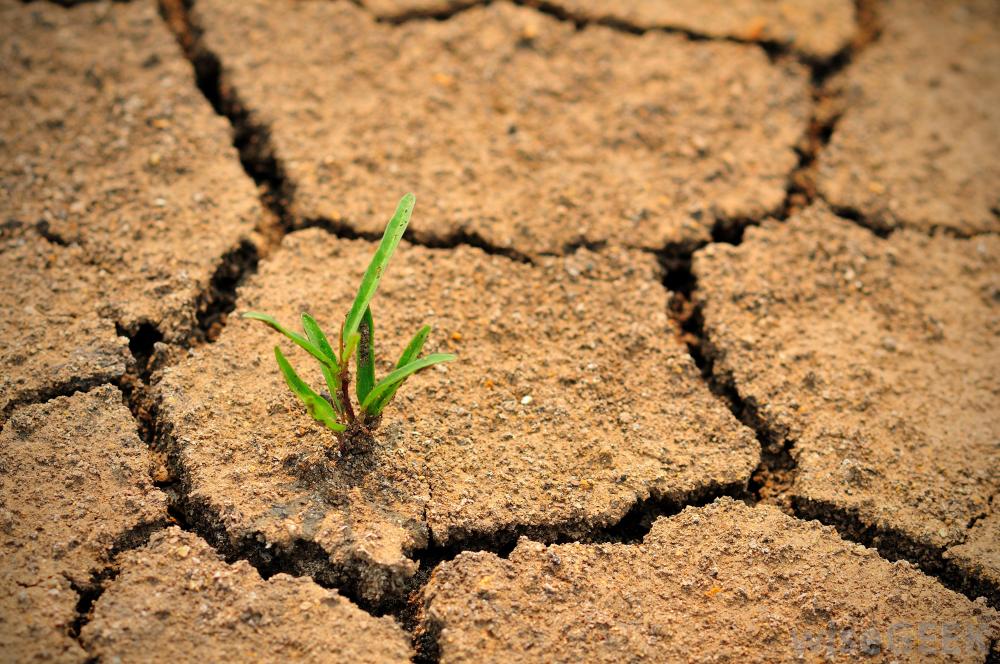By Ryan Pearson
Ecology is a science. To the layperson it is not as famous a science as the 'big three' - physics, chemistry, and biology - but it's a completely valid science, and arguably one of the most complex. In this day and age, a time of rapid global change, it is also arguably one of the most important sciences.
Ecologists look at the interactions between living things and their surroundings in an attempt to understand what's going on, and form models to predict what may happen further down the track if things start changing. That, in itself becomes very complex, very quickly. This is simply due to the fact that there are so many moving parts, and those moving parts react against each other, and more importantly are generally not able to be controlled for in a lab. As a result the patterns we see in ecology are generally not nearly as strong as those observed in physics or chemistry.
Because of these generally weaker patterns, it's also more likely that occasionally ecologists will interpret something the wrong way. The example outlined in the below video by Allan Savory is one such occasion. For many years, a basic understanding of ecologists has been that desertification (being the process where once productive land land loses it's ability to support substantial life and eventually become a 'desert') is sped up by the presence of cattle. As a result, many, sometimes extreme measures were implemented in an effort to curb the trend towards a piece of land desertifying.
This is where the rigorous scientific method comes into play, and ecology eventually wins. Allan Savory worked for many years on the problem of desertification, and eventually found that, with proper management... we need cattle to reverse the trend. Watch the video, and see the full story for yourself. To me, not only is it a promising turn of events for the future, that could actually help slow the process of global climate change... but it is also a great example of how ecology in practice can really work, and certainly make a difference.


No comments:
Post a Comment